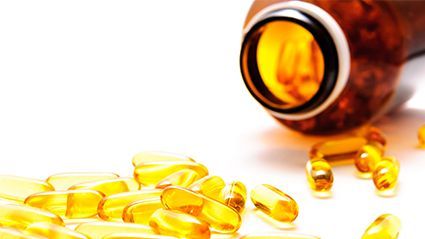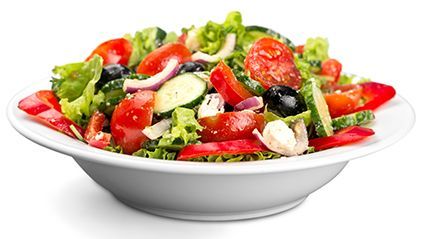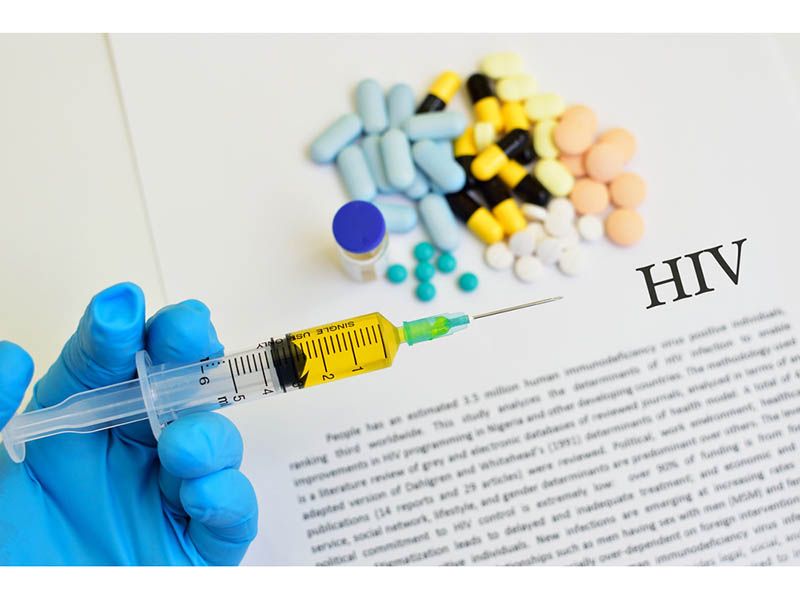
There have been good and bad changes to U.S. children’s diets during the COVID-19 pandemic, researchers say. “Providing healthy meals and snacks to our kids can be a challenge even when we’re not experiencing a pandemic,” said senior study author Susan Carnell. She’s an associate professor of psychiatry and behavioral sciences at the Johns Hopkins… read on > read on >






























